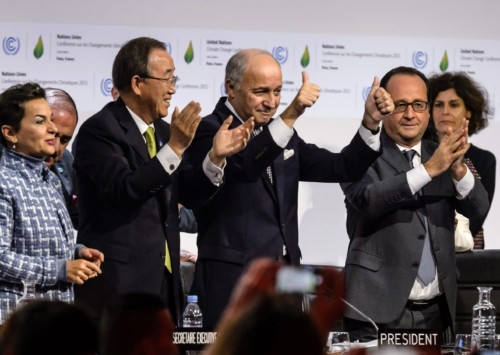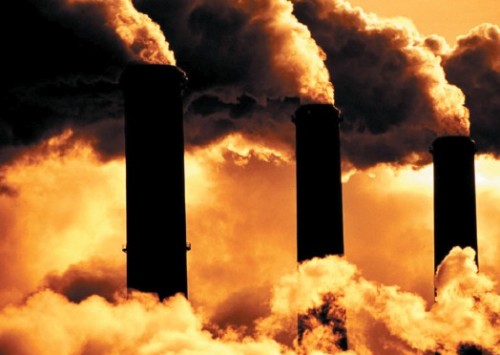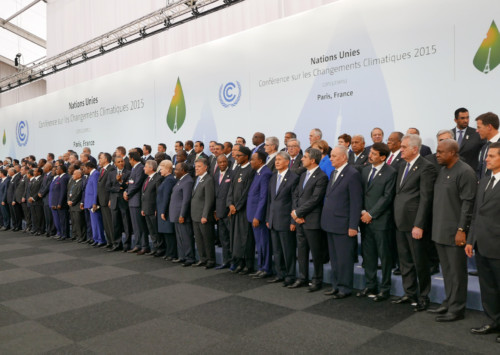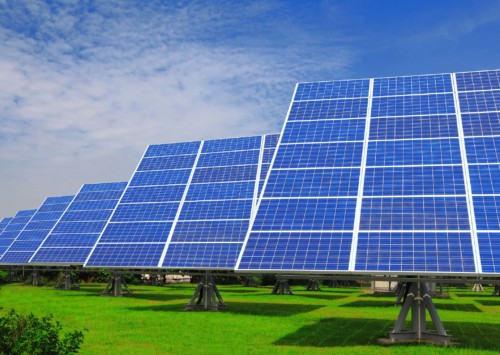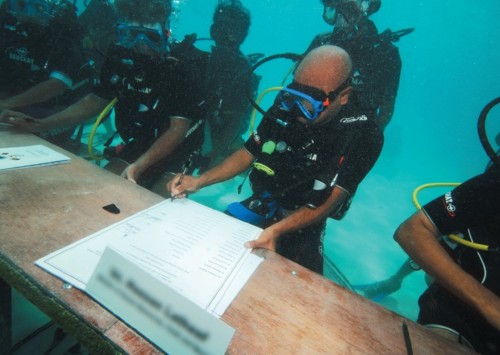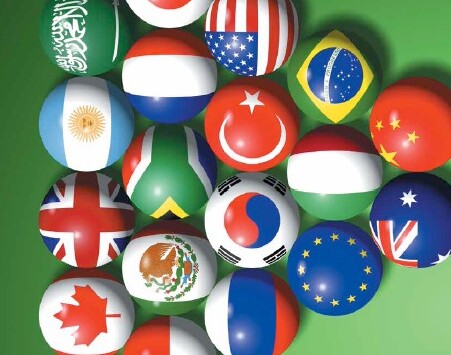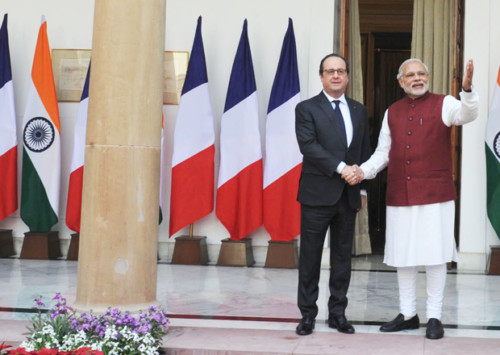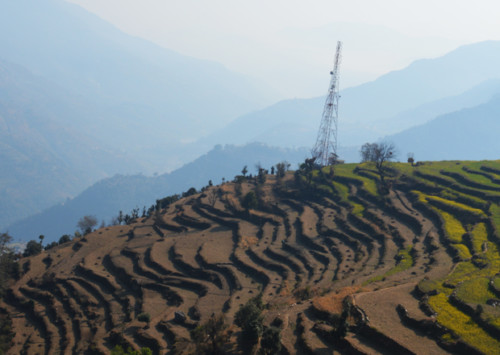Paris Climate Agreement may soon become an international law
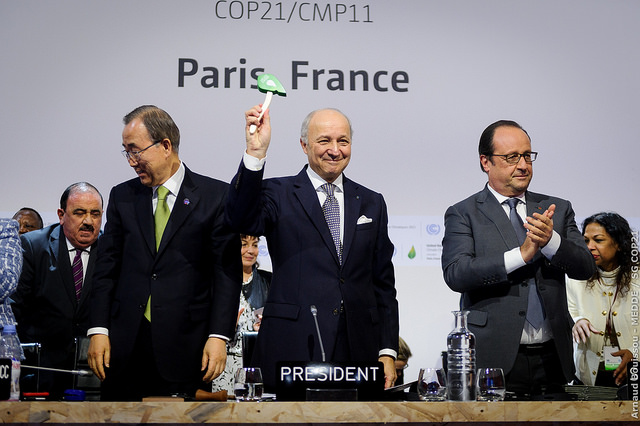
26 nations who are responsible for 39 pc of global emissions have ratified the agreement so far, including the US, China and many island states
The Paris Climate Agreement has been signed by numerous countries now, and to speed up the process of turning the agreement into an international law, the United Nations (UN) Secretary-General, Ban Ki-moon, invited leaders to a special ceremony in New York on September 21, 2016.
The Paris Climate Agreement signing ceremony in April, 2016, witnessed the most number of countries signing an international pact on a single day to deal with greenhouse gases emissions, mitigation and adaptation within the United Nations Framework Convention on Climate Change (UNFCCC).
To take this agreement further, the Secretary-General of United Nations, Ban Ki-moon, invited world leaders to a special ceremony at the UN in New York on September 21, 2016. At the ceremony, leaders were asked either to deposit their instruments of ratification or explain when they will do so, in order to speed up the process of Paris Agreement turning into a law.
According to Global Strategic Communication Council (GSCC), a global network of communications professionals in the field of climate and energy, the ceremony is expected to significantly boost the numbers of countries having ratified, meaning the Paris agreement will likely enter into force this year. This would be a significant milestone and unprecedented for an international agreement of this kind. For example, the Kyoto Protocol took seven years to become law and it was widely anticipated that this agreement would take until 2020 to come into effect.
26 nations who are responsible for 39 pc of global emissions have ratified the agreement so far, including the US, China and many island states. The agreement was ratified on September 3. The pressure is now on other countries to follow suit because the Paris Agreement will become an international law 30 days after 55 countries responsible for at least 55 pc of emissions deposit their instruments of ratification with the Secretary General. The ceremony is expected to increase the number of countries ratifying the agreement and thereby adding impetus to the process.
India – not amongst the firsts?
On April 22, the first day of signing the Paris Agreement, India signed it along with more than 170 nations. A lot of buzz was created about the country’s willingness to become a leader in climate change mitigation actions. However, the country has been constantly changing its plans to address the problem of greenhouse gas emissions on its domestic front and at global level.
India’s Intended Nationally Determined Contributions (INDC) seeks monetary aid from international community in order to reduce the costs it would incur for the implementation of the climate change plans. On the contrary, the country has tried to represent itself as a responsible player in taking voluntary actions that are needed to address global climate change issues.
Along with this, there is no procedure for the ratification of international treaties under India’s laws and the country falls short of clarifying the status of international laws and their application.
But regardless of India’s reluctance to immediately ratify the Paris Agreement, it is most likely that the
country will ratify it in the near future, possibly by 2018.

